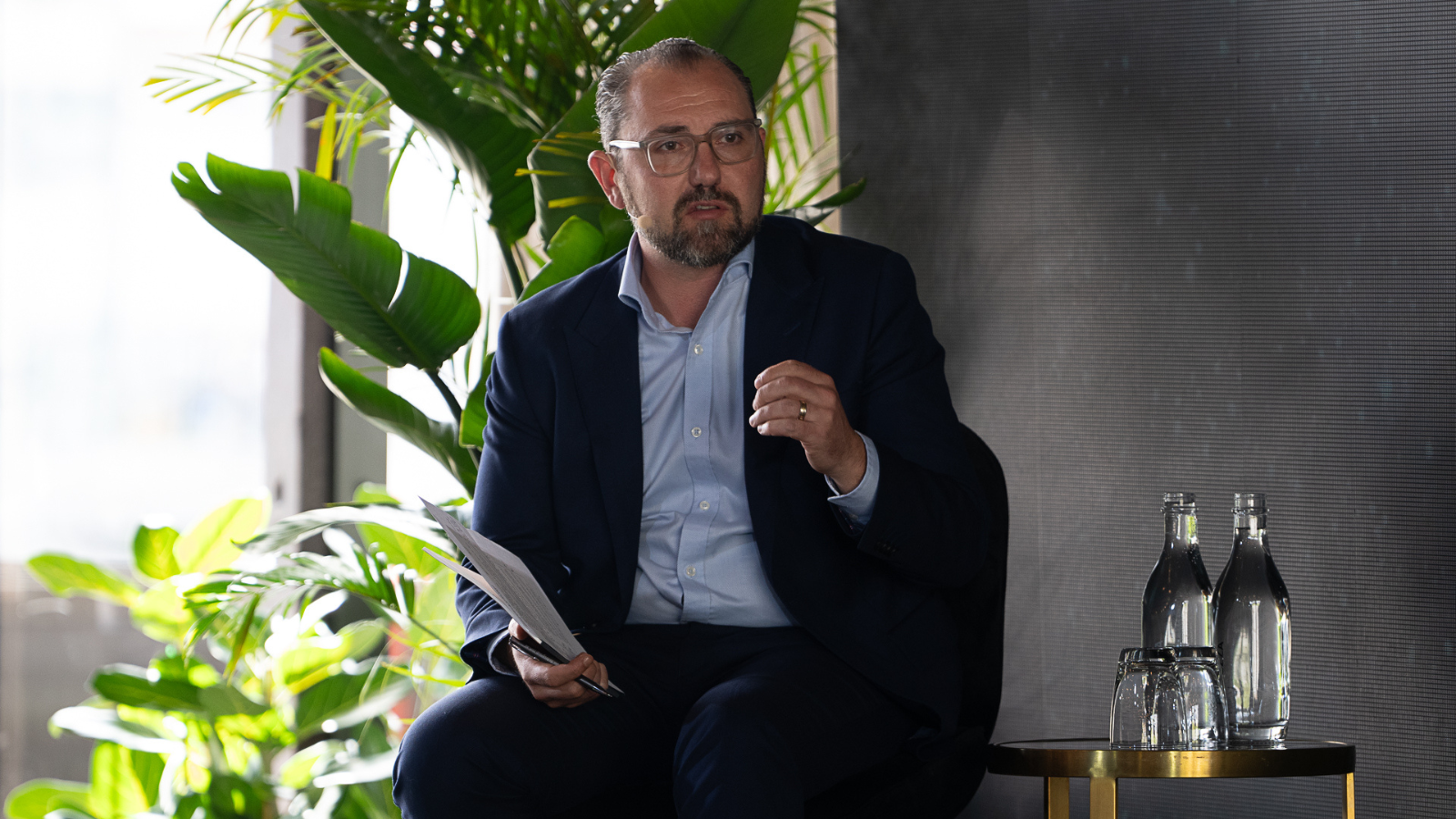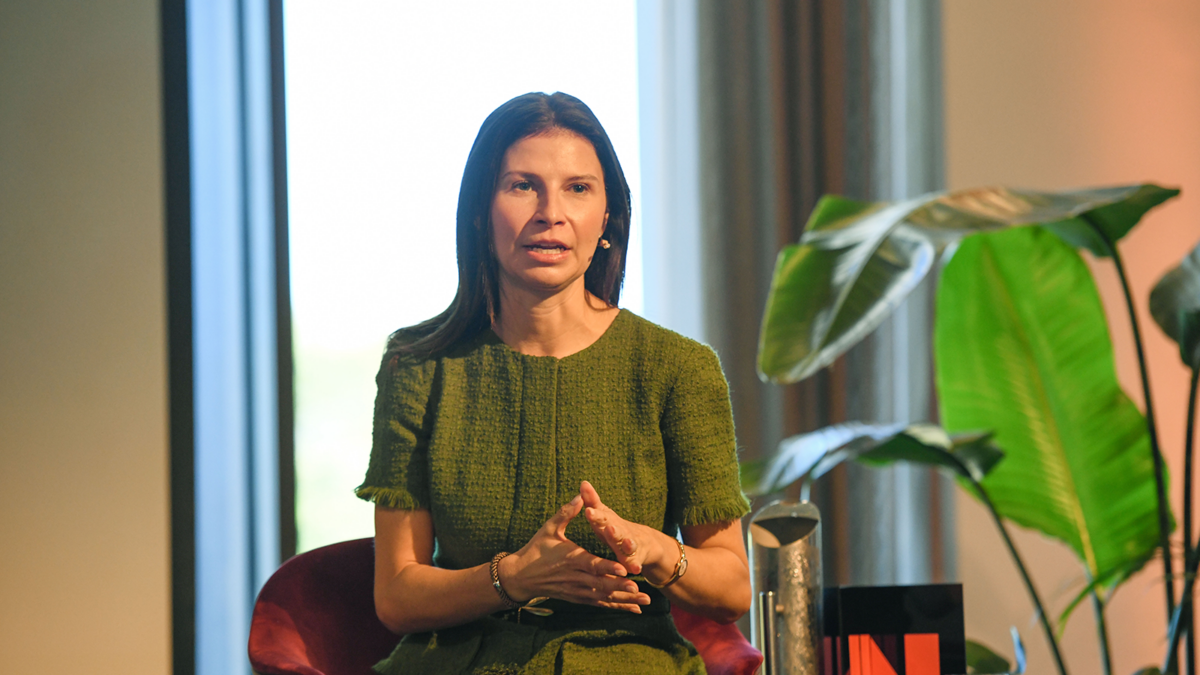Alts research lacking, investment teams need to ‘roll up the sleeves’: Panel
Robust, comprehensive research on alternative investment outfits can be thin on the ground, which is why Australian investors are increasingly finding it necessary to do their own detailed work on the management track record of providers on the market.
And it’s that metric – management track record – that stands out amongst the rest according to a panel of provider representatives led by Praemium head of investment managers and governance Damien Cilmi (pictured) at The Inside Network’s recent Alternatives Symposium in Sydney.
“The real operative is that there’s a general lack of research from the research houses on this,” Cilmi said during a discussion on using alternative investments such as private equity during portfolio construction. “So it becomes more so about rolling the sleeves up, that kind of thing.”
When selecting alternative investors, it’s up to advisers, licensees and wholesale investment teams to avoid the easy answers, explained Kyle Lidbury, head of research at Perpetual Private.
“There’s a temptation to go, ‘well, I’ve only really got three private equity vehicles to choose from, and they all seem like pretty reputable managers, so I’ll just go with one or any of them’,” he said. “But if you’re looking for best of breed… you can’t substitute that rolling the sleeves up and doing sue diligence with a lot of different players. It takes time.”
“I wish that I had all my managers in the room listening to this,” said fellow panellist Gillian Gordon, head of alternative investments and responsible investing at JBWere.
As there’s more work involved in alternative investment research it’s far “heavier” from a due diligence perspective, she explained. “You have to have a depth of understanding, not just of the asset class but of the structuring element.”
The challenge for these providers, Gordon said, is working together with private equity teams and other outfits on the alternatives spectrum to procure robust levels of research, and then work to disseminate that amongst investors.
“It’s a real challenge for the industry; how do we collectively engage with managers to get the right research, to put this in a concise way for the average client? I think there’s still a pretty big disconnect between maybe what we understand as alternatives in our roles, because hopefully, we have that expertise. But also, how do we communicate that in a way that really gets to the heart of what a client needs to understand to make an informed decision. And that’s actually quite a big skill. And it takes a hell of a lot of time and energy from teams like us to get to that point.”
The difficulty in separating alternatives providers is that after a while, they all start to sound analagous according to Daniel Kelly, partner and head of alternative investments at Kelly+Partners private wealth.
“I don’t have anyone else, but I haven’t been pitched to by anyone that wasn’t top quartile, so I’m wondering where all the mid-quartile funds are,” Kelly joked. “But, you know, pitch decks start to look pretty similar after you’ve seen four or five, maybe six in a week.”
Like Praemium’s Cilmi, Kelly believes the track record of the management team is crucial. Being able to communicate an investment philosophy is one thing, but being able to see that an alternative investment team can not only handle favourable but unfavourable markets is key.
“We need to see the long term track record of managers investing through cycles,” he said. “That’s what concerns me at the moment… because there’s a lot of managers coming up with funds that haven’t invested through distressed cycles.”











